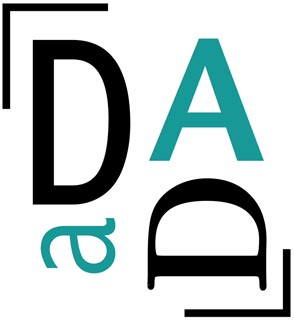|
Exploring the Use of Data Assimilation Methods
for the Detection and Attribution of Climate Change
Buenos Aires, October 15-18, 2012

Hosting:
IFAECI, UMI 3351
CNRS-CONICET-UBA, Buenos Aires, Argentina.
Funding:
CNRS (France) CONICET (Argentina)
Motivation:
How can observations be used to best evidence the influence on climate of human activities, among other forcings ? Statistical methods of Detection and Attribution (D&A) were designed to answer this question which is of high societal relevance when it comes to mitigation policy. Original methods based on linear regression of spatial or temporal patterns extracted from one or several climate models (‘optimal fingerprinting’) are quite successful in doing so for a variety of situations. Yet, the D&A community is increasingly tackling a number of variables and scales for which these methods are less effective, so the quest to improve upon available D&A methods is heating up.
How can observations be used to best constrain a numerical model’s state variables and parameters ? Methods of Data Assimilation (DA) meet this general purpose. This now firmly established methodological field has grown out of its original application in Numerical Weather Forecasting to reach a wide variety of applications in Geophysics. While DA methods were at first mostly oriented towards the problem of initializing and updating a model’s state variables, the recent extensions of DA towards the problem of calibrating a model’s parameters have shown exciting results. So the quest to elaborate and extend DA methods is going on.
How could D&A methods take advantage of recent progresses in DA ? Could D&A be a fruitful field of application for DA ? One may hope so. Indeed, under an inverse problem formulation of D&A, observations can be seen as a complex function of the forcings consisting of the full climate model itself. Under this perspective, D&A consists ‘merely’ in reconstructing forcings from available observations by inverting the full climate model itself – a challenge for which recent DA-based parameter estimation schemes might be an answer.
The purpose of this workshop will be to explore, along and beyond this speculative line, the potential for cross-fertilization between these two methodological research fields in climate science that have been so far somewhat isolated from one another. In this purpose, the workshop will gather together experts from both communities for several days of mutual D&A-DA training and thought-sharing.
Invited Speakers:
Marc Bocquet (France)
Alberto Carrasi (Spain)
Michael Ghil (France/USA)
Philippe Naveau (France)
Manuel Pulido (Argentina)
Claudia Tebaldi (USA)
Francis Zwiers (Canada)
Organizing Committee:
Alexis Hannart
Juan Ruiz
Celeste Saulo
Carolina Vera
Contact:
workshop_dada@cima.fcen.uba.ar
alexis.hannart@cima.fcen.uba.ar
jruiz@cima.fcen.uba.ar
|

